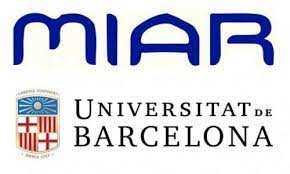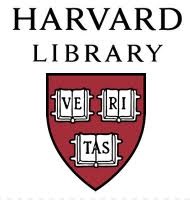Leadership theories and their impact on university leaders and students
Abstract
The fundamental purpose of this article is to expose the development and historical evolution of theories around leadership, its close relationship with distributed leadership as the key way to solve existing problems in university contexts. The research is carried out from the Sociocultural Management for Development career, which is chosen intentionally, taking into account that the main author performs educational work related to leadership and also because of the importance that the students of the career have as future managers. For the transformation of social thought. To achieve this purpose, methods such as historical-logical, bibliographic review and participant observation were used. As a main result, it is expressed that the study of distributed leadership is ideal in solving situations in contexts from the university, offering the possibility of contributing to the formation of student leaders. It has also been possible to verify that, with the application of the study carried out, the tasks have been carried out effectively, which allows us to affirm that distributed leadership is essential in the management processes in the university environment.
Downloads
Downloads
Published
Versions
- 2022-12-02 (2)
- 2022-10-19 (1)
How to Cite
Issue
Section
License
Copyright (c) 2022 Estrategia y Gestión Universitaria

This work is licensed under a Creative Commons Attribution-NonCommercial-ShareAlike 4.0 International License.























